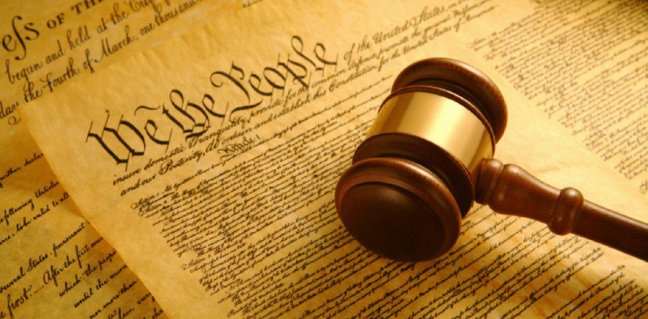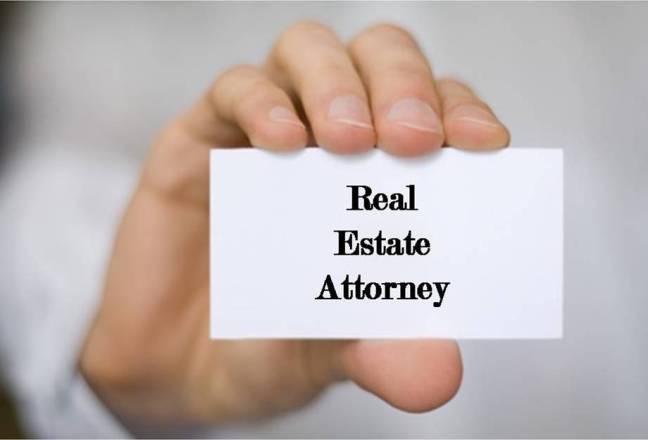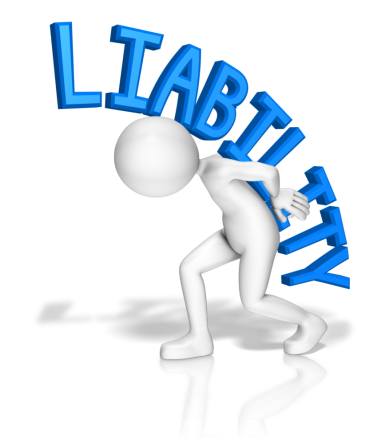William Bronchick: Have you ever had a tenant leave in the middle of the night or the middle of an eviction? Did you ever wonder what to do when the tenant abandons the property?

Basically, when a tenant abandons the property, you do not need to file an eviction or wait for the sheriff. You can change the locks.
HOWEVER…
If you are not certain whether the tenant has abandoned the property, you should not change the locks. If you have the keys and your lease allows it, you could enter the premises, but KNOCK FIRST. Whether or not the tenant has abandoned is often a judgment call, looking at a combination of factors, such as:
- Did the neighbors see them move?
- Are the utilities shut off?
- Did the tenant put in a change of address at the post office?
- Is there any significant furniture left?
- If you have access, are there sheets on the beds?
Even if the tenant is not sleeping there, they are still “in possession” if they have their personal belongings in the unit and have not shown an intent to abandon these items.
If you do intend to claim abandonment, take pictures, gather evidence and cover all bases to prepare for a possible wrongful lockout claim.
Definitely, give the tenant notice in writing where you have stored their stuff (if you have anything) and give them adequate time to come get it. If you have ANY doubts, call your landlord–tenant attorney and do the proper legal eviction proceeding . Or, here’s another possibility… said by William Bronchick.
PAY THE TENANTS TO LEAVE!!
If the tenant has NOT abandoned your property, or you aren’t sure, or you messed up and they are coming back for their stuff, you should consider giving “Cash for Keys” to bribe the tenant to give up possession. While not deserving if they are behind on rent, it is smart BUSINESS because you avoid an eviction and possible damage to the property by the tenant. If you do this, however, make CERTAIN you get the tenant to sign a general release of liability form. This form, when signed by the tenant, will waive their rights to sue you (even if you messed up and they have a claim).
Make sure you contact an attorney to prepare a good general release of liability form.
Source By: https://bronchicklaw.com/tenant-abandons-property/




